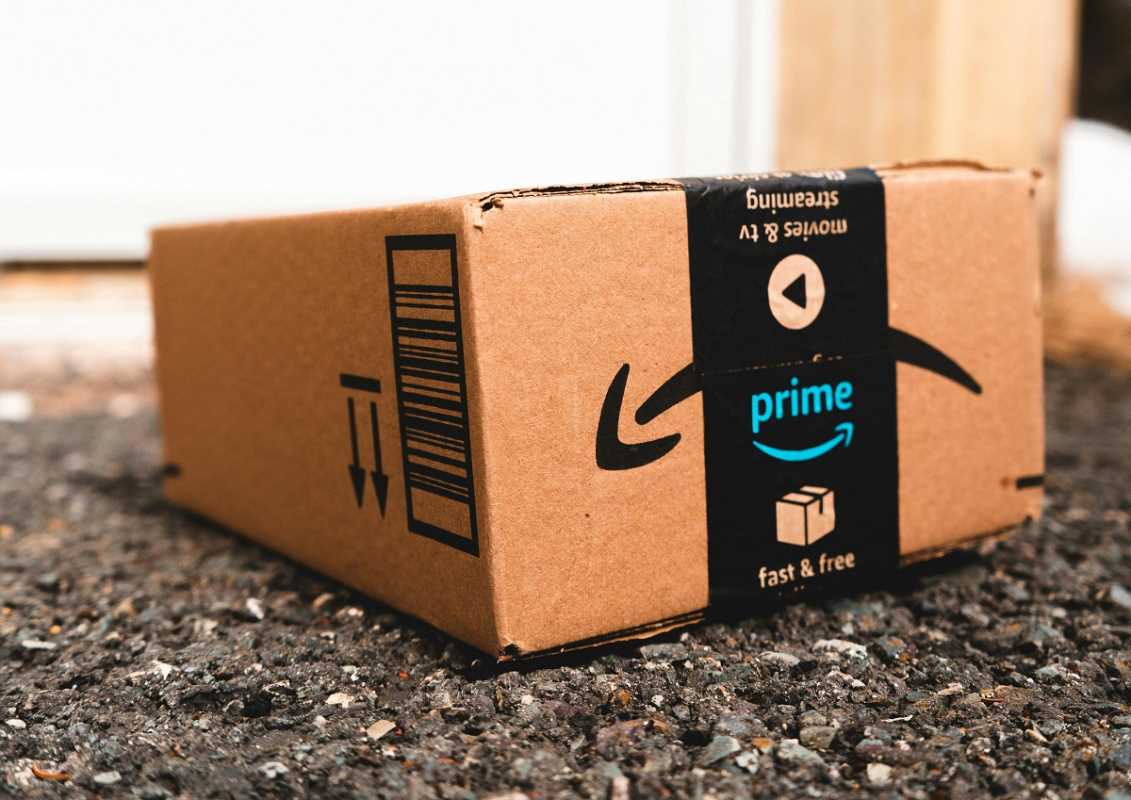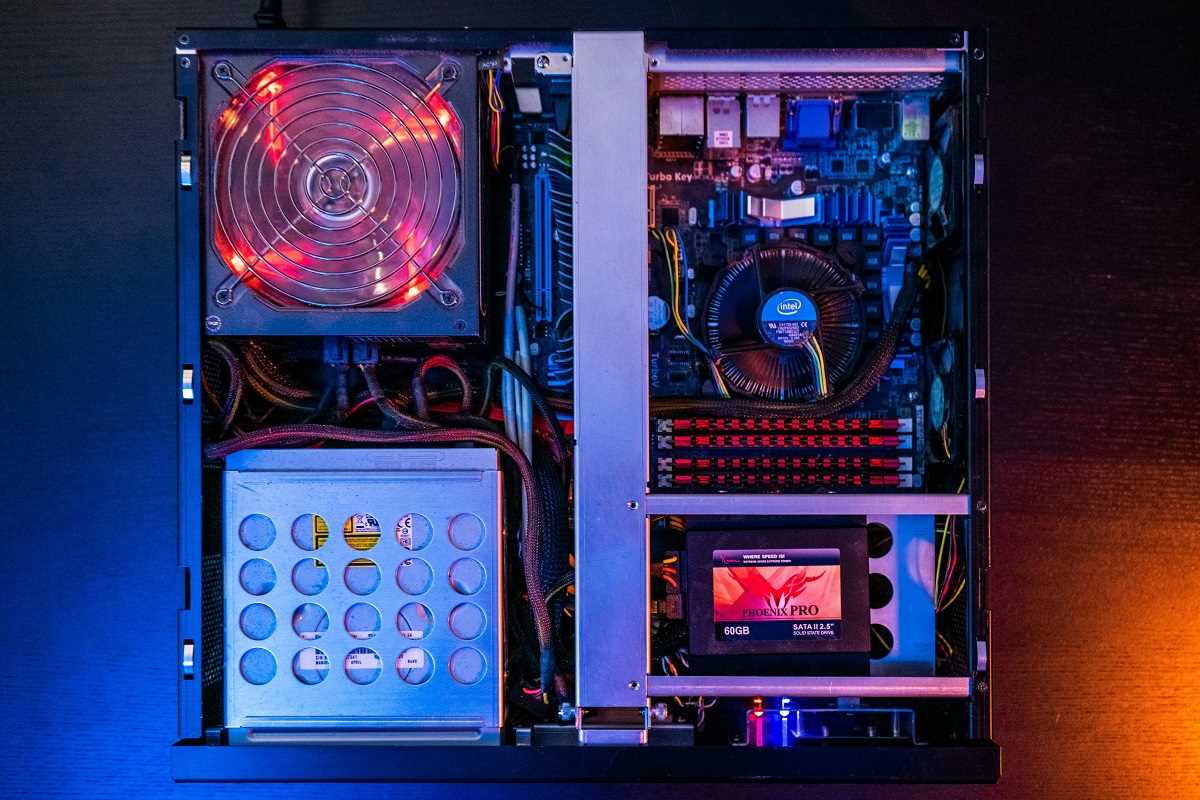Gaming has never been more exciting or accessible, but it has also never given gamers this many choices for how to spend their money. One of the biggest decisions gamers face today is whether to invest in a subscription service or stick to purchasing games outright. Both options offer distinct advantages, but which one saves you more in the long run? The answer depends on your gaming habits, preferences, and budget. Let's dig into the details to help you weigh your options.
The Appeal of Gaming Subscriptions
Gaming subscriptions have taken the industry by storm, offering players access to massive libraries of games for a flat monthly or annual fee. Services like Xbox Game Pass, PlayStation Plus, and Nintendo Switch Online have become household names for good reason. Here's a closer look at what they offer.
Xbox Game Pass
Xbox Game Pass is often referred to as the "Netflix of games." For a monthly subscription fee starting at $10.99 (and $16.99 for Game Pass Ultimate), players gain access to a constantly updated library of over 400 games. The service includes a mix of classic hits, indie gems, and brand-new releases. One of its standout features? First-party Microsoft titles like Starfield, Halo Infinite, and Forza Horizon 5 are available on launch day.
Key Benefits:
- Day-one access to Microsoft exclusives.
- A diverse and ever-growing library.
- Availability across Xbox consoles, PC, and even cloud gaming with Ultimate.
- Discounts on purchasing games in the Game Pass catalog.
However, if you don’t play often or prefer to revisit games over time, the subscription cost can outweigh its value.
PlayStation Plus
PlayStation Plus has evolved into a three-tiered system:
- Essential ($9.99/month) offers the basics like online multiplayer and monthly free games.
- Extra ($14.99/month) adds a large library of PS4 and PS5 games.
- Premium ($17.99/month) includes cloud streaming and retro classics.
The Extra tier is arguably the sweet spot for most gamers, granting access to hundreds of popular games. However, new PlayStation exclusives don’t appear on the service at launch, unlike with Xbox Game Pass.
Key Benefits:
- Monthly free games you can keep as long as you’re subscribed.
- Access to PlayStation exclusives like The Last of Us and Spider-Man (but not immediately upon release).
- Backward compatibility with retro games in the Premium tier.
Nintendo Switch Online
At just $19.99 per year for the base tier, Nintendo Switch Online is the most budget-friendly subscription on this list. It provides access to online play, a catalog of retro NES and SNES games, and occasional extras like Tetris 99. The $49.99/year Expansion Pack adds N64 and Sega Genesis classics, as well as DLC bundles for games like Animal Crossing.
Key Benefits:
- Affordable annual pricing.
- Nostalgia-fueled retro libraries.
- Additional in-game content with the Expansion Pack.
While the service lacks new releases and modern AAA titles, it appeals to Nintendo fans who enjoy multiplayer classics and older first-party games.
The Advantages of Purchasing Games Outright
Buying games individually, either as physical discs or digital downloads, has been the traditional way to build a game library. While subscriptions offer value through variety, outright purchases focus on ownership and permanence.
Ownership and Value Over Time
When you buy a game outright, it’s yours for life (barring issues with lost discs or digital storefront closures). This is a huge plus for gamers who replay favorites or keep building collections over the years. Purchasing games ensures you’ll never lose access due to a lapsed subscription.
Pros:
- Complete ownership means you can play anytime.
- Freedom to sell or trade physical copies.
- Ability to focus resources on games you truly want.
However, AAA games often launch at $70 for new titles, making upfront costs significant. Discounts come with patience, as prices drop faster for older titles.
Collectors and Physical Copies
For gamers who love the feel of a boxed game or the nostalgia of lining shelves with cases, purchasing physical copies is unbeatable. Some retail deals include special editions, bonus content, or even tangible collectibles you won’t find with downloads or subscriptions.
On the downside, physical games can wear out, discs can get scratched, and there’s always the inconvenience of swapping discs. Digital downloads avoid these issues but lack the same resale value.
The Cost Comparison
Now, let's crunch the numbers. How do subscriptions measure up to purchasing games outright over time? Here are a few scenarios to consider:
Scenario 1: Casual Gamer
Casual players who buy one or two games per year might save more by purchasing outright. For example:
- New Game A: $70
- New Game B (2 months later): $50 (discounted)
Total annual cost is $120, significantly less than the average annual subscription cost of $180 (for $15/month).
Scenario 2: Dedicated Gamer
For players who love exploring multiple games per month, subscriptions deliver far more variety for the price. Xbox Game Pass Ultimate’s $200/year cost gives access to over 400 titles, versus buying even four full-price games in the same year for around $280.
Scenario 3: Trophy Hunter
For completionists who focus on thoroughly completing a small selection of games, ownership is often the better route. Spending $70 on a game you’ll play for months offers better value than a subscription you might barely touch after grabbing all the trophies in one favorite.
Factors to Consider When Choosing
Ultimately, the better option depends on several key factors:
1. How Often Do You Play?
If you spend hours every week gaming, a subscription can pay off quickly due to the sheer volume of options. Casual gamers, however, may find better value buying only the games they know they’ll enjoy.
2. New Releases vs. Backlog?
Subscribers often wait months (or years) for certain AAA games to hit the service. Gamers who prioritize day-one access to new titles may find outright purchases more practical.
3. Do You Like Variety?
Subscriptions cater to those who enjoy sampling a bit of everything. If you prefer sticking to one or two franchises (Call of Duty, FIFA, etc.), outright ownership is simpler.
4. Budgeting Preferences
Subscriptions require ongoing payments, while purchasing games outright comes with variable costs. If stability is important, monthly fees may be easier to manage.
Tips for Maximizing Savings
Still unsure? Here are some tips to help you make the most of either approach:
- Take Advantage of Trials: Many subscription services, like Xbox Game Pass or PlayStation Plus, offer free trials or discounts for new members. Use these to test if the value aligns with your interests.
- Wait for Sales: Whether subscribing or buying, big seasonal sales (Black Friday, Prime Day) often slash prices for both memberships and individual games.
- Downgrade Tiers: Don’t need all the bells and whistles? Stick to lower-tier plans like PlayStation Essential instead of Premium to save.
- Buy Pre-Owned: For outright ownership, pre-owned physical games or discounted digital codes offer big savings compared to new retail prices.
- Share Subscriptions: Services like Nintendo Switch Online allow for family accounts, making costs even more affordable.
For most gamers, subscriptions offer unbeatable variety and convenience, making them a smart choice for those who play frequently and are open to exploring. On the other hand, purchasing games ensures you get exactly what you want and can hold onto it forever.
 (Image via
(Image via

.jpg)



